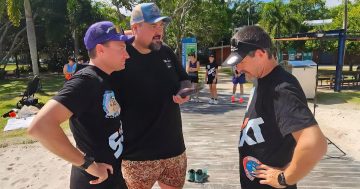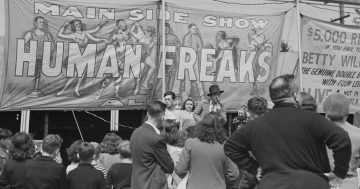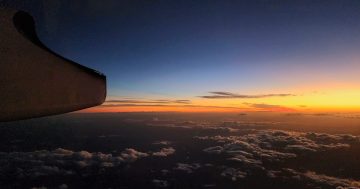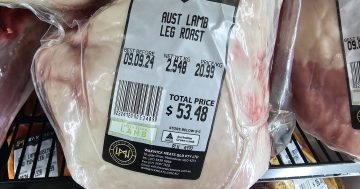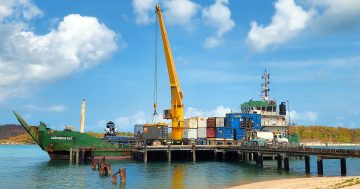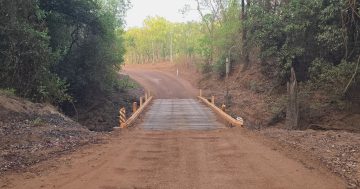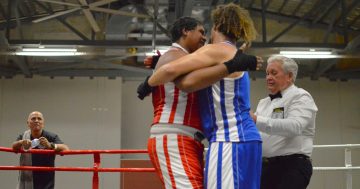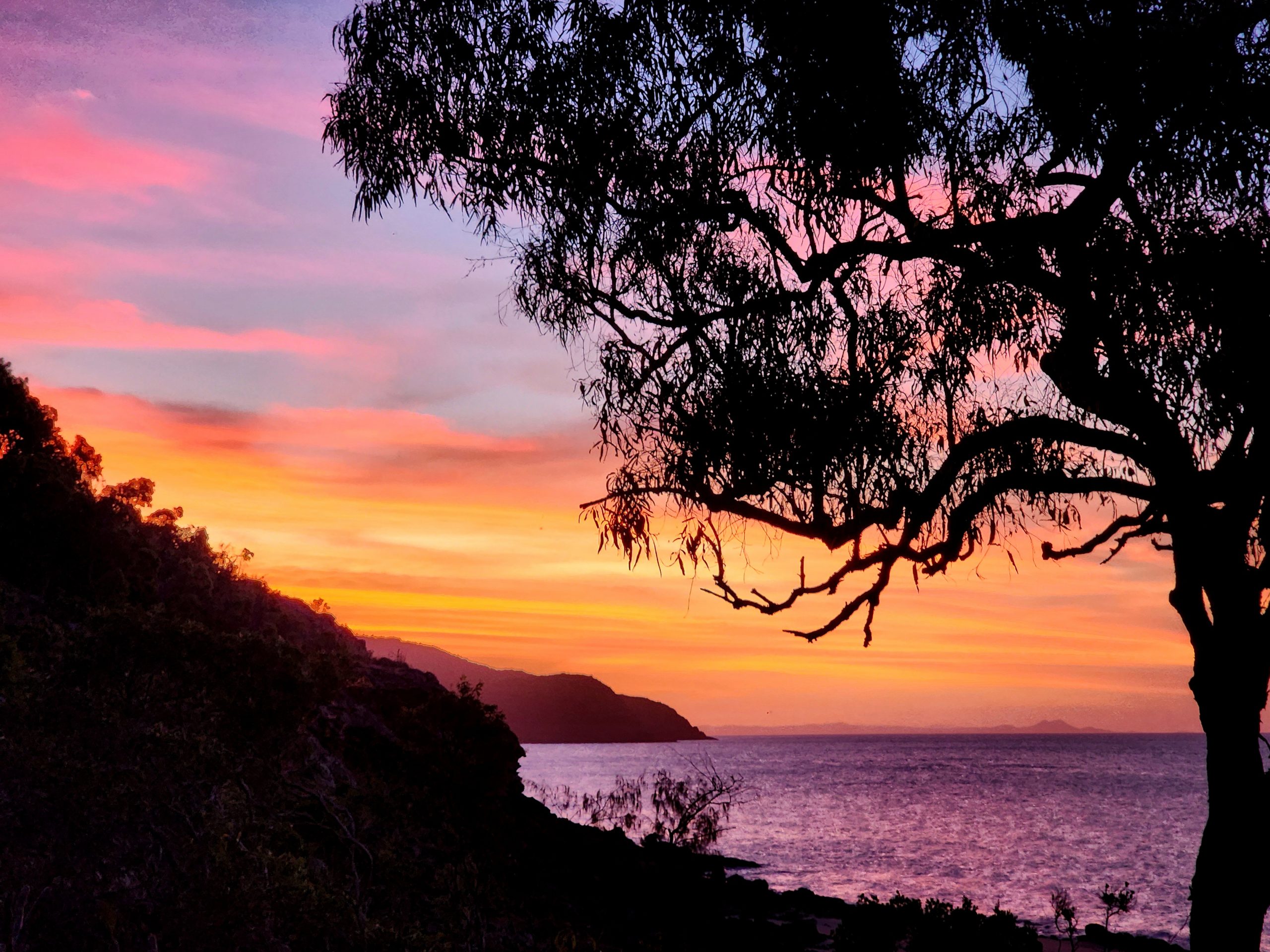
While putting a city-centric hand in the pocket to ensure the sustainability of remote communities may seem like an “inconvenient” use of money to many urban dwellers, editor Lyndon Keane says its unfair to simplify the connection Cape York and Torres Strait residents have to their backyards as a budget line item. Photo: Lyndon Keane.
Do you ever get the feeling you’re not understood? Not wanted? That some of our political overlords and city cousins would like nothing more than to have everyone who calls Cape York home herded in the general direction of the nearest metropolitan centre and the lights turned off in our backyard?
It’s a vibe I’m certain you’ve all experienced at one time or another when dealing with anyone with an urban postcode, and one that was unabashedly shoved down my throat by a former colleague I crossed paths with during a flying trip to Brisbane last week.
I should preface the conversation that follows by pointing out (just in case it’s not glaringly obvious) that this particular individual has at no time in his 40-something years on this blue marble lived farther than about 20 kilometres from the Story Bridge. If you asked him to name some remote Queensland towns, he’d almost certainly include Toowoomba, Kilcoy and Rockhampton. He’s the sort of bloke who’d be morally outraged at not being able to source a venti oat milk caramel cappuccino in Lockhart River.
At any rate, we were discussing politics and my perpetual stance that more needs to be committed for remote areas to ensure the long-term sustainability of the communities that make up our big Cape York and Torres Strait family.
Well, he couldn’t have reacted any more vehemently than if I’d poured his 20-ounce caffeine hit in his lap and set fire to his briefcase.
Him: Why should our money (yes, he said our money) be spent on propping up places people want to live where there’s no economy of scale? It’s rather inconvenient to have you all living up there when everything you need’s here in the city.
Me: Not everyone wants to live in a bloody city. I certainly don’t ever again. Besides, ‘up there’ is home.
Him: But what sort of home is that? You’re a million miles from civilisation and need the Commonwealth and state to pay your bills for you to go on.
Me: Only because the status quo doesn’t accurately recognise what we contribute to the rest of the country in terms of royalties and product. Government’s happy to take, take, take, but less enthusiastic about giving back when the money could be funnelled into a new stadium, monorail or 50-cent fares for those with public transport.
Him: We need those things in the city. You could have them as well if you just moved. Cities make a state great – no one’s moving to Western Australia because they want to live in Kalgoorlie, are they?
Me: Where would you set up Brisbane’s booming mining and agricultural sectors if you were king for a day? Are you going to look for bauxite under Southbank? Do you reckon the botanic gardens would hold 25,000 head of cattle?
Him: That’s stupid. We need to get the resources from the regional and remote areas, but that doesn’t mean we should pay you for the privilege when that money could be put to critical projects we have.
Me: Like?
I must admit I tuned out here, because I heard him mention “intergenerational infrastructure” to make the 2032 Olympic Games “one the world won’t forget”. I could see his lips moving, but I was grinding my teeth so hard it silenced the excrement pouring out of his mouth.
While my esteemed former colleague – and I suspect more than a few dozen politicians – would love to see life on Cape York and in other parts of the country become a distant memory, with our diverse contribution to our state and national economies effectively harvested by fly-in, fly-out workforces based in the city, what that blinkered argument doesn’t account for is the immeasurable value of our connection to the place we call home. In a time where we seem to be able to slap a price tag on everything, how do you put a dollar figure on our landscapes, our lifestyle and the place in the world we feel most like ourselves?
As the moustachioed protagonist in a fairly popular 1997 Australian movie put it – “You can’t buy what I’ve got”.


